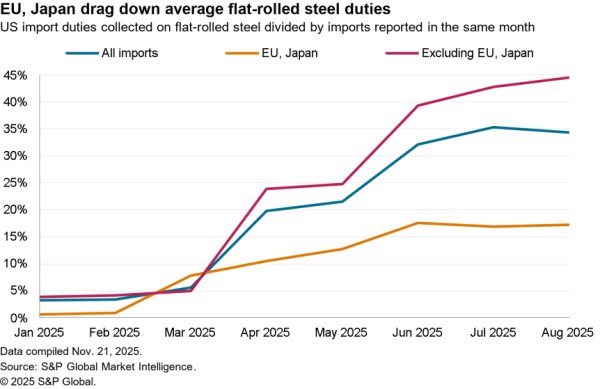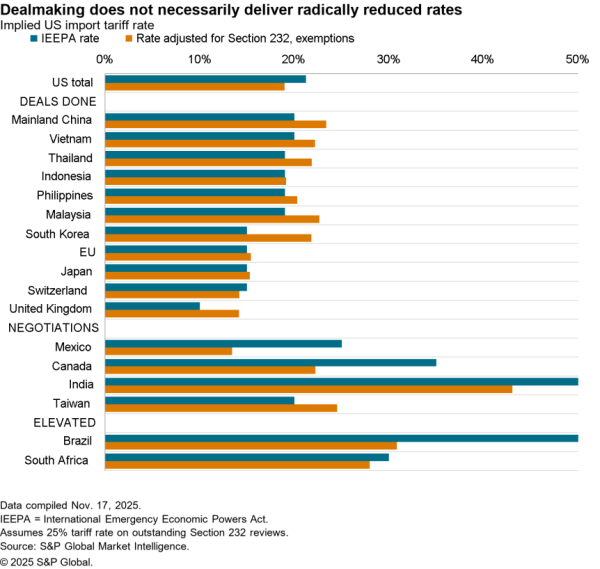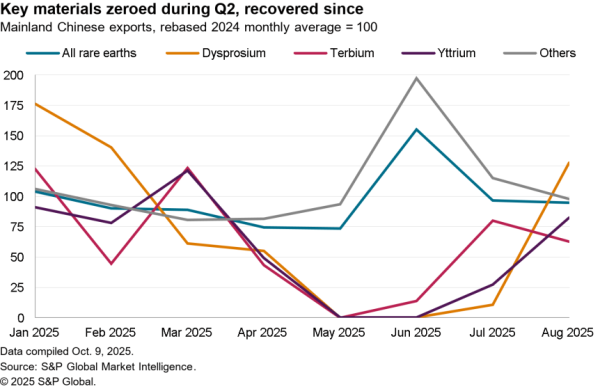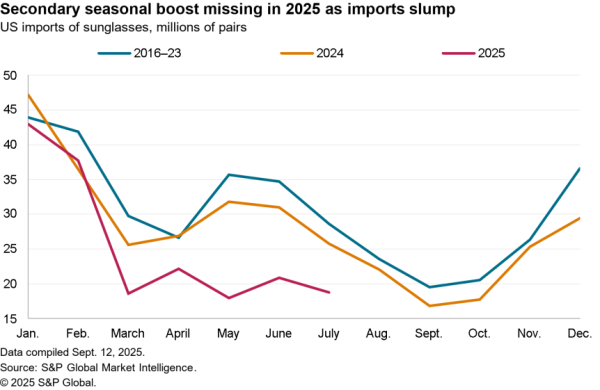Apparel and lifestyle retailer Urban Outfitters reported revenues for the fiscal Q4 ended Jan. 31 that declined by 6.9% year over year, missing analysts’ estimates by 1.4 percentage points according to S&P CapitalIQ figures. The downturn was “caused by the coronavirus pandemic and related occupancy restrictions” at the firm’s stores with e-commerce operations unable to keep pace.
The firm’s CEO, Richard Hayne, has struck an upbeat tone however stating he is “particularly excited by the recent uptick in demand for ‘going-out’ type apparel and believe this bodes well for our spring and summer seasons“.
Panjiva’s data shows U.S. seaborne imports linked to the firm climbed 48.6% higher year over year in Q4’20, driven by a 64.2% jump in imports of homewares. The latter has been a common theme across the furniture industry, as discussed in Panjiva’s Feb. 22 research, as consumers improve their home living situation during the pandemic. Shipments in January and February have slowed slightly with growth of 34.1% in total imports. Within that imports of apparel slowed to growth of just 2.5%.

Source: Panjiva
The elevated rate of imports has come at the same time as increased shipping costs. Mr. Hayne has also stated “we also believe freight costs will remain elevated for much of the year“. The firm has few options in terms of its sourcing costs given the dominance of Asian manufacturing in the apparel and home decorations industry.
The firm has increased its reliance on Vietnam in the past three years, with the country coming to represent 16.9% of U.S. seaborne imports linked to Urban Outfitters, up from 10.1% in 2018. The decision by the Trump administration, followed by omission by the Biden administration, to not proceed with tariffs under the section 301 review of the country’s currency practices reduces the risk for Urban Outfitters’ supply chain.
At the same time there’s been a reduction in imports from China to 28.2% from 32.9% as well as a reduction in shipments from India to 32.7% from 35.0%.

Source: Panjiva




